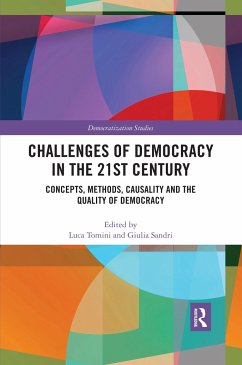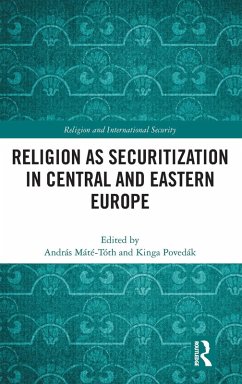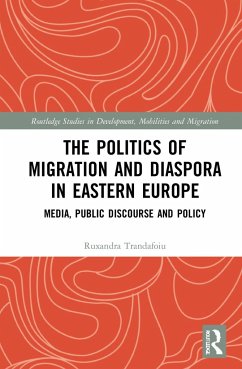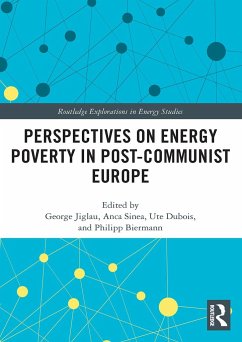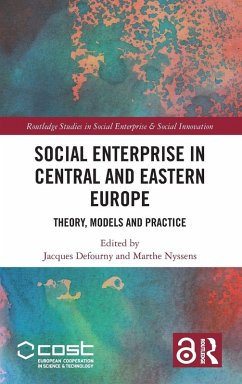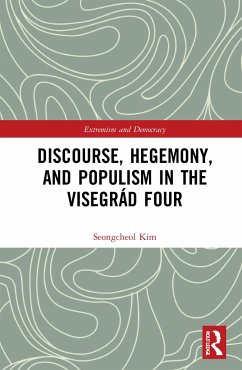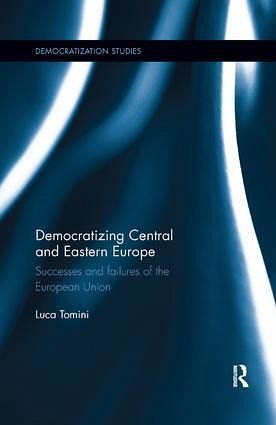
Democratizing Central and Eastern Europe
Successes and failures of the European Union
Versandkostenfrei!
Versandfertig in 6-10 Tagen
49,99 €
inkl. MwSt.
Weitere Ausgaben:

PAYBACK Punkte
25 °P sammeln!
At first, it was believed that accession to the EU would have a positive effect on the process of democratization in former communist countries. However, over time it became clear that difficulties with the democratic system endured in a number of these countries.This book reconsiders the results of the process of democratization in Central and Eastern Europe and evaluates the nature and effectiveness of the Europeanization process. It comparatively explores the process of democratic consolidation and accession to the European Union in Poland, Slovakia and Bulgaria. Using these case studies, t...
At first, it was believed that accession to the EU would have a positive effect on the process of democratization in former communist countries. However, over time it became clear that difficulties with the democratic system endured in a number of these countries.
This book reconsiders the results of the process of democratization in Central and Eastern Europe and evaluates the nature and effectiveness of the Europeanization process. It comparatively explores the process of democratic consolidation and accession to the European Union in Poland, Slovakia and Bulgaria. Using these case studies, the book assesses the impact of the EU on the accountability and integrity of governments in this part of Europe.
This text will be of key interest to scholars and students of democratization studies, European studies, EU studies, transition studies, area studies, and international relations.
This book reconsiders the results of the process of democratization in Central and Eastern Europe and evaluates the nature and effectiveness of the Europeanization process. It comparatively explores the process of democratic consolidation and accession to the European Union in Poland, Slovakia and Bulgaria. Using these case studies, the book assesses the impact of the EU on the accountability and integrity of governments in this part of Europe.
This text will be of key interest to scholars and students of democratization studies, European studies, EU studies, transition studies, area studies, and international relations.





